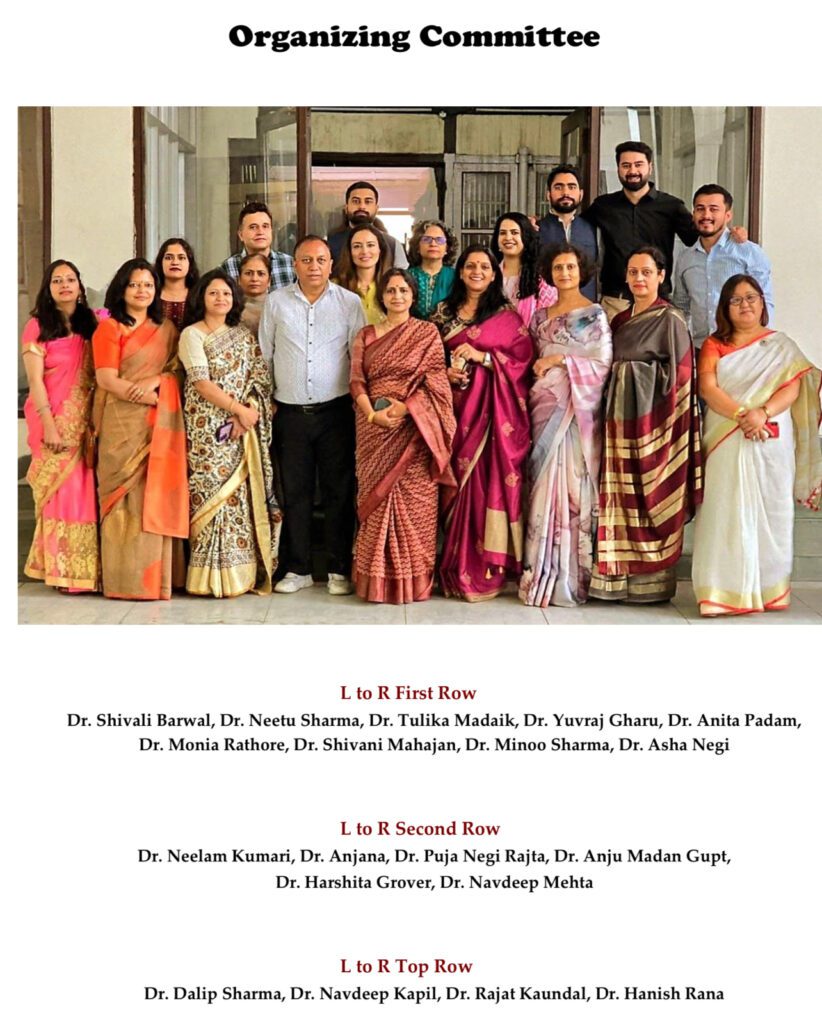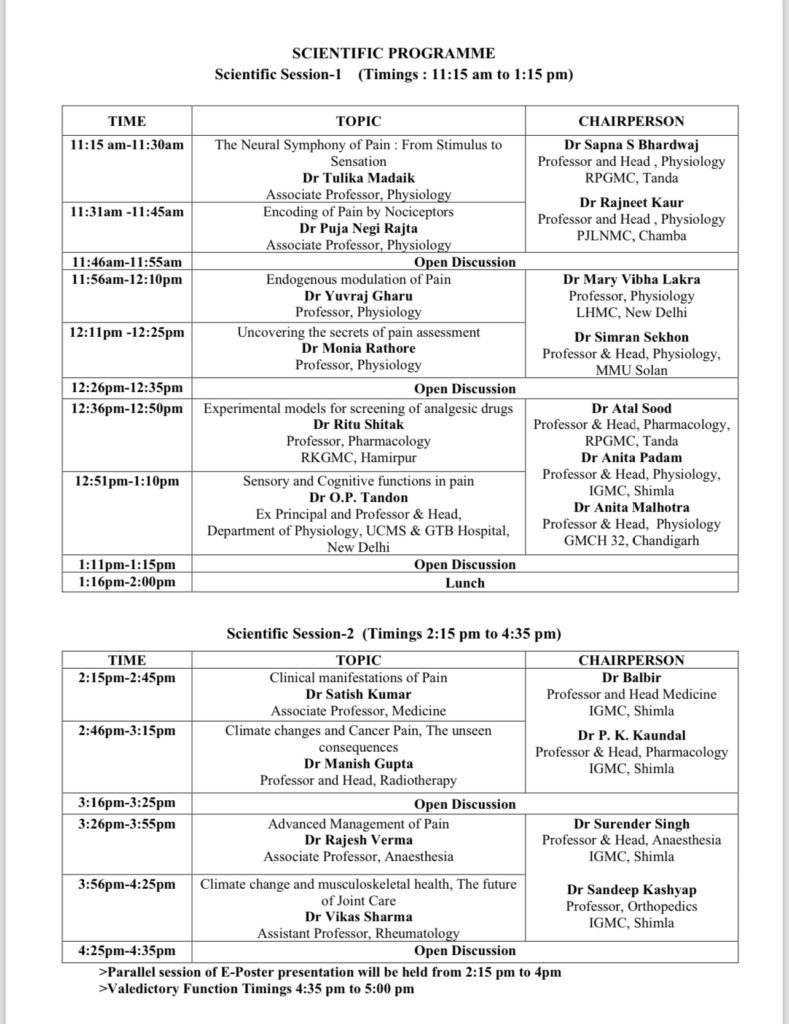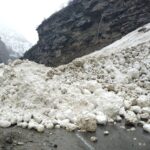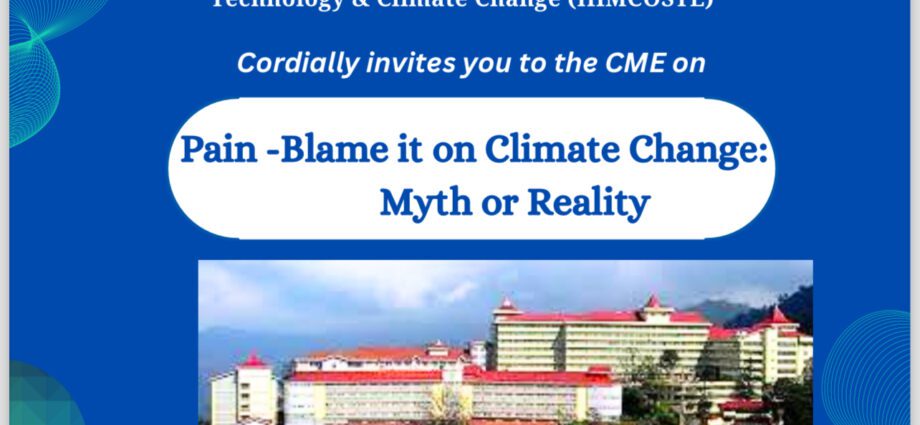Delegates from all over the country will be participating in this CME.
Being organized in collaboration with Department of Environment, Science Technology and Climate Change (HIMCOSTE) at IGMC Shimla on 18th November
IBEX NEWS,shimla
Department of Physiology, IGMC,Shimla is conducting a CME on Pain – Blame it on Climate Change: Myth or Reality in collaboration with Department of Environment, Science Technology and climate change (HIMCOSTE) at IGMC Shimla today on 18th November.Delegates from all over the country will be participating in this CME.Focus of this CME would be to Increase awareness regarding effect of climate change on pain perception and its management.Dr. Yuvraj Gharu
Organizing Secretary, Professor, Deptt. of Physiology, IGMC, Shimla gave information that Horizons of medical science are expanding day by day. In order to keep ourselves abreast of everchanging developments in the field, it is essential to have frequent interaction with experts who keep in touch with fast paced scientific
researches. This is only possible through regular updating, by holding CME activities
and conferences.On the other hand Dr. Asha Negi, Executive Committee Member of the Organizing Committee said that Topic would be discussed in this conference by renowned Physiologists, Physicians and environmentalists of the
country. Delegates from all over the country will be participating in this CME. Thus,
the possibilities seem endless with the exciting advances and it is only prudent to keep
oneself updated with the present Young budding physiologists and they would get the
opportunity to gain new knowledge and insights into the topic.

Climate related factors can worsen certain pain conditions and there’s growing interest in studying how environmental changes affect pain perception and chronic conditions. The emotional and psychological impacts of climate change can also lead to what might be referred to as “psychological pain. This is a call for more integrated
approaches that consider the health impacts of climate change including pain as part of
climate adaptation strategies.
These topics will be discussed in detail in the conference of famous physiologists, physicians and environmentalists of the country.

For the first time, experts are collectively discussing this sensitive issue and hence it is necessary.
As we confront the realities of climate change, it is essential to explore its potential impact on human health, especially in chronic pain conditions. Factors associated with climate change, such as temperature fluctuations, atmospheric pressure
changes, changing wind velocities, variation in humidity levels etc. are believed to be
contributing factors to ‘nociplastic pain’ which is altered pain perception states.spiring exchanges.
Dr. Anita Padam Organizing Chairperson – cum-
Professor & Head, Department. of Physiology,
I.G.M.C, Shimla further stated on this occasion that Understanding these connections is particularly relevant to the field of physiology, which examines how the body responds to both internal and external environmental changes. Temperature shifts, for instance, can heighten pain sensitivity, while fluctuations in pressure and humidity may exacerbate conditions like arthritis,
fibromyalgia, etc. Additionally, climate-induced stressors can elevate cortisol levels,
further intensifying pain perception.





















